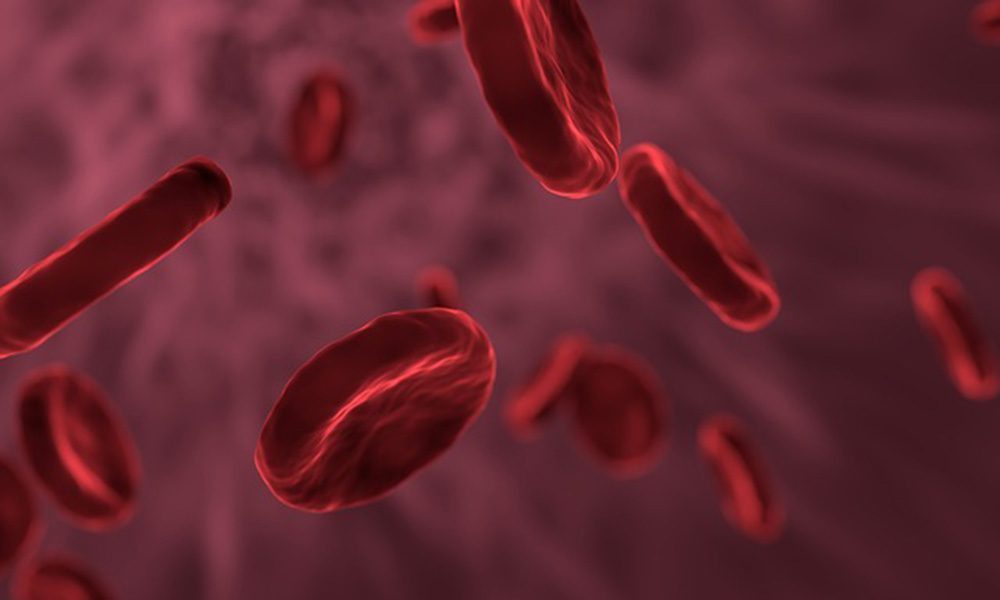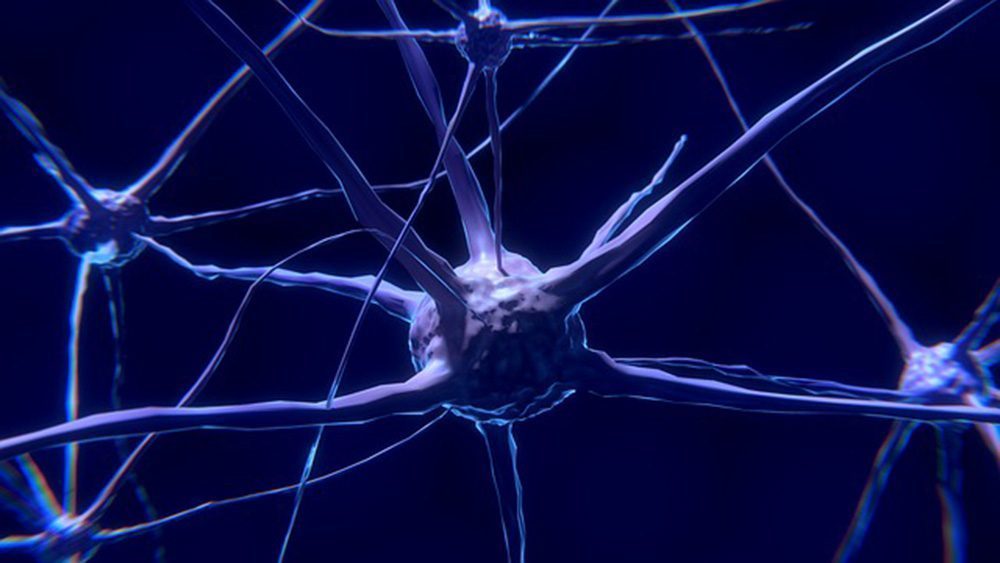
5 Things You Should Know About Hormones
Hormones play a very important role in the functioning of the body. They are the messengers that control the physical and chemical functioning of the body’s systems. For instance, in the reproductive system, the ovaries produce oestrogen and progesterone which control the reproductive process of a woman such as the fertility and the menstrual cycle.
They also control hunger, energy, sleep, brain function, weight, metabolism, moods, emotions, and more. Considering how important they are, here are 5 things you should know about them.
Secretion of hormones
Most hormones are secreted by endocrine glands. These glands include hypothalamus, pituitary, ovaries, testes, adrenal, pineal and thyroid. The pituitary gland is the controller of other glands. It also produces the growth triggering hormone.
The Hypothalamus triggers other glands to release hormones. Also, it controls sleep, thirst, hunger, body temperature, sex drive, and moods. The testes produce testosterone while the ovaries produce progesterone, testosterone, and oestrogen. The thyroid produces thyroxine that affect calorie burning and heart rate.
Other than glands, hormones are also produced by specialized cells that are located in particular organs after receiving signals from the regulatory systems in the body. For instance, the pancreas produces insulin to respond to blood sugar, the intestines secrete hormones to regulate the activity of the pancreas and the stomach based on the fullness.
Types of hormones
There are various types of hormones that control the functioning of the body. These include norepinephrine or noradrenaline hormone that controls blood pressure, the heart, emotions, arousal, and sleep. Too much of the hormone can cause you to feel anxious while too little can make you feel sedated or depressed.
Melatonin makes you feel sleepy at night and affects your energy levels during the day. Adrenaline is the flight hormone that helps to respond to stressful situations.
Oestrogen and progesterone are the two hormones that control the functions of a woman’s reproductive system.
Hormones need to be balanced
For the body to function properly, the hormones need to be in balance. All the hormones can be affected if one is out of balance or deficient. A hormonal imbalance affects several body systems or organs at once. For instance, a deficiency of androgen causes reduced muscle and bone mass, reduced sexual desire, breast growth, loss of body hair and depression. Polycystic Ovary Syndrome causes missing or irregular periods, weight gain, difficulty in getting pregnant, male-like hair growth and acne.
Deficiency of oestrogen can wreak havoc on a woman’s body. One can get hot flashes, mood swings, anxiety, depression and low self-esteem and is explained in Verisana’s post.
Oestrogen levels decrease as a woman becomes menopausal
Oestrogen is secreted by ovaries. As a woman heads to her 40s, the levels of oestrogen decrease as ovaries become less active as they age and produce fewer hormones. This causes a myriad of issues such as hot flashes, mood swings, and vaginal dryness, loss of libido, anxiety, painful sex and wrinkles among others.
Vitamin D is a hormone
Vitamin D is commonly classified as a vitamin, but it is also a hormone. It supports other hormones as well as the immune system. Deficiency can result in mental illnesses such as schizophrenia and depression.
If you live in the North hemisphere, you are likely to suffer from deficiency since there is not enough sunshine all-round the year. You may, therefore, need to take vitamin D supplements.







